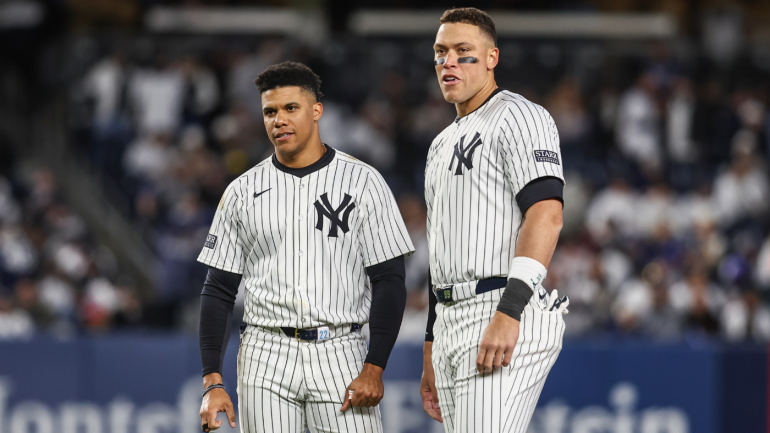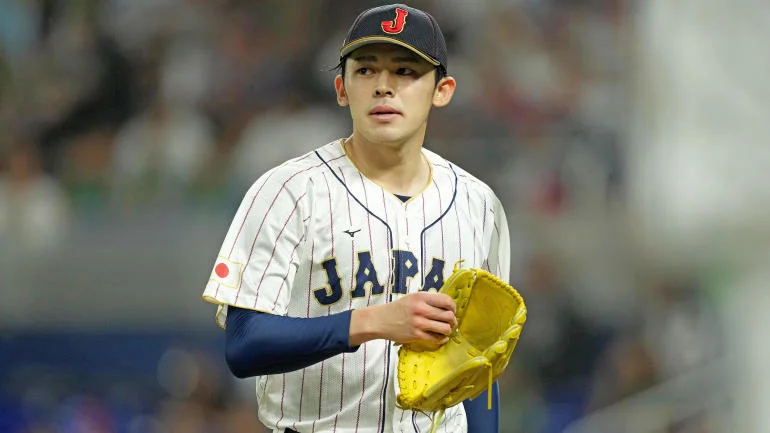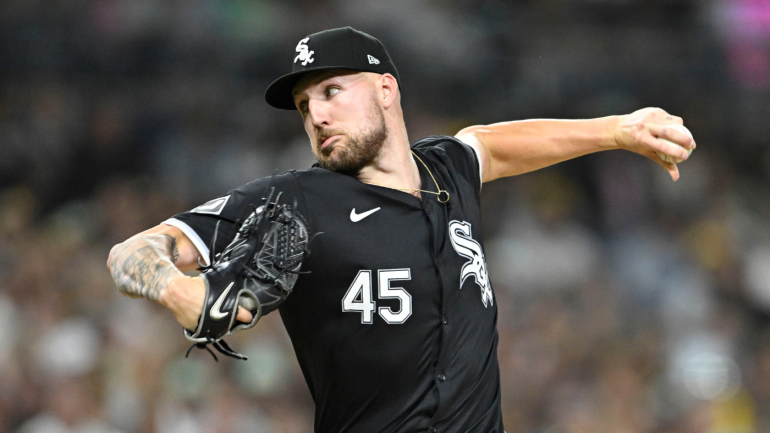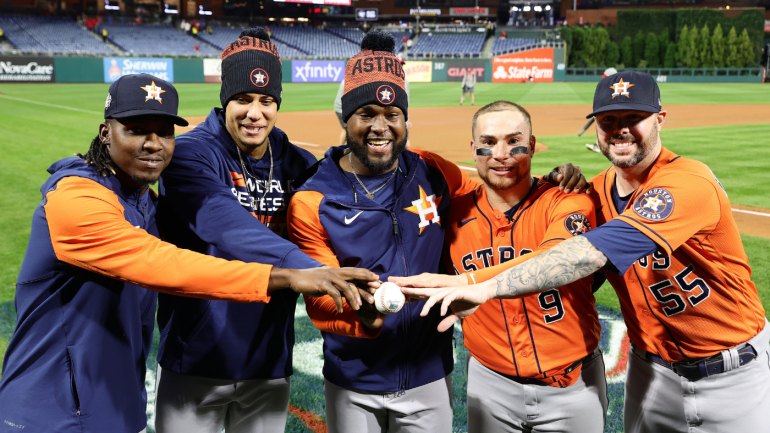Willie Stargell split the 1979 NL MVP award.
Baseball writers, but more specifically baseball fans, love a strong narrative when it comes to handing out awards. For recent examples, see Giancarlo Stanton’s pursuit of 60 home runs last season, Rick Porcello’s epic turnaround in 2016, Jake Arrieta’s historic second-half rise in 2015, or Andrew McCutchen leading the Pirates to the postseason in 2013. Yet in all of baseball history, the most narrative-driven vote may have come in 1979, the only time where two players tied for the MVP Award.
In 1979, the National League MVP was shared by two first baseman; Willie Stargell of the Pittsburgh Pirates, and Keith Hernandez of the St. Louis Cardinals. Both players received 216 voting points, although Stargell received ten first-place votes to Hernandez’s four. At the time, Stargell was a beloved, future Hall of Fame veteran in his last full season in the MLB, while Hernandez was the slick-fielding, up and coming twenty-five year old.
Seeing as both players played the same position, it is easy to compare the two of them, and when doing so, it is clear that Hernandez was every bit the superior player to Stargell in 1979. However, Stargell was the veteran leader on the 98-win, “We are Family” Pirates that went on to win the World Series, while Hernandez was stuck on the 86-win, third-place Cardinals. But before delving into statistics, let’s take a look at the word valuable in MVP. For the Cardinals, Hernandez was the most valuable player on the team, compiling 7.6 WAR, which was fourth in the National League that season, and 3.3 ahead of his next closest teammate, Gary Templeton. In contrast, Stargell was worth 2.5 WAR that season, which in a vacuum is fine, but it put him as the ninth most valuable player on his own team (and the fourth most valuable hitter) let alone anywhere near the most valuable players in the National League.
Even is sabermetrics isn’t your cup of tea, even by traditional statistics, Hernandez was significantly better than Stargell in 1979, beginning with the fact that Hernandez played in 161 games, while injuries limited Stargell to only 126 appearances. Amongst National League hitters, Hernandez led the league with 116 runs scored, 48 doubles, and a .344 AVG; in the same areas, Stargell had 60 runs scored, 19 doubles, and a .281 AVG. In fact, Hernandez’s runs scored total of 116 is only three lower than the 119 hits Stargell had all season, while at the same time, Hernandez has 210 hits of his own. While Stargell did out homer and outslug Hernandez 32 to 11 and .552 to .513, Hernandez still had a higher OPS (.930 to .904) because of a huge cap in OBP, where he had Stargell beat by .65, .417 to .352. As Hernandez walked more than he struck out (80 to 78) Stargell struck out more than he walked by a wide margin (105 to 47), striking out 25 more times than Hernandez despite playing in 35 fewer games. And for argument’s sake, Hernandez had more triples (11 to 0) stolen bases (11 to 0) and total bases (313 to 252) than Stargell, while also finishing with an OPS+ 12 points higher (151 to 139). All told, here are Hernandez and Stargell’s numbers from 1979 side-by-side.
Hernandez: 7.6 WAR, 161 G, 116 R, 210 H, 48 2B, 11 3B, 11 HR, 105 RBI, 11 SB, 80 BB, 78 K, .344/.417/.513, 151 OPS+, 313 TB
Stargell: 2.5 WAR, 126 G, 60 R, 119 H, 19 2B, 0 3B, 32 HR, 82 RBI, 0 SB, 47 BB, 105 K, .281/.352/.552, 139 OPS+, 234 TB
Defensively, Hernandez won the second straight of his eleven Gold Glove Awards that season with a .995 fielding percentage, and only eight errors in 1643 chances. While Stargell had a slightly higher fielding percentage of .997, it should be noted that his three errors came in only 999 chances in 113 games at first, a fraction of Hernandez’s totals. For what it’s worth, at the Mid-Summer Classic, Hernandez was named a National League All-Star at first base, while Stargell was not.
If anything, the player who had a legitimate argument to unseat Hernandez as NL MVP was Dave Winfield, who led the NL in WAR that season with 8.3. Across the board, Winfield hit .308/.395/.558 with 34 HR, a league-leading 118 RBI, 97 runs scored, 184 hits, 10 3B, 15 SB, and a league-best 166 OPS+ and 333 total bases. Despite those numbers, Winfield finished a distant third in the voting with 155.0 voting points despite finishing with the same number of first-place votes as Hernandez.
Of the 28 players in the National League that received MVP votes in 1979, Stargell’s 2.5 WAR was tied for second to last with the Braves’ Bob Horner, who finished 28th in the voting. The only player that received an MVP vote with a lower WAR total than Stargell was Dave Collins of the Reds, who finished 27th in the voting after finishing the year with 1.6 WAR. For years, fans and writers alike have valued players’ leadership and intangibles, taking both into consideration when discussing their worth. Never has that been more evident than in 1979, when Willie Stargell rode his team’s success and a sterling reputation into winning an MVP award (the only one of his career) he had no business even being in the discussion for.




